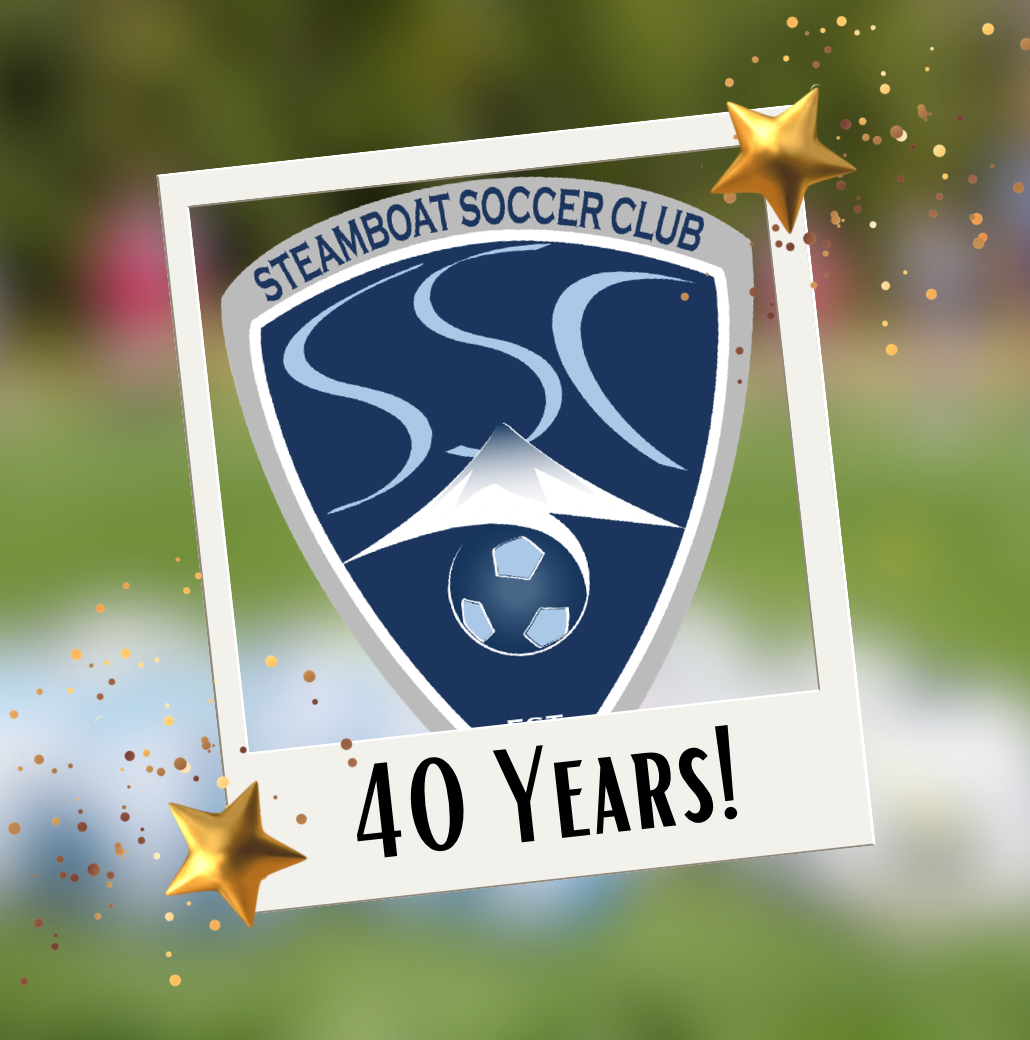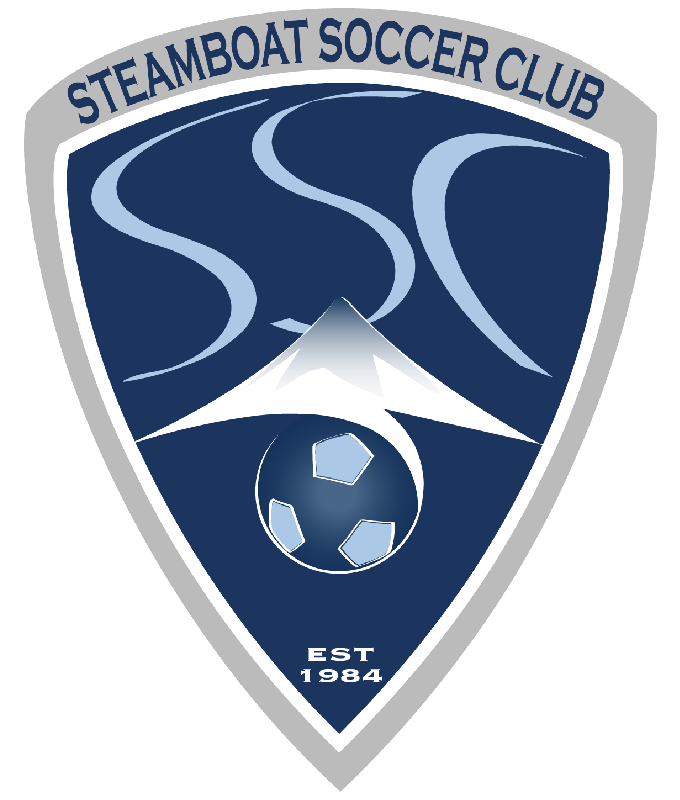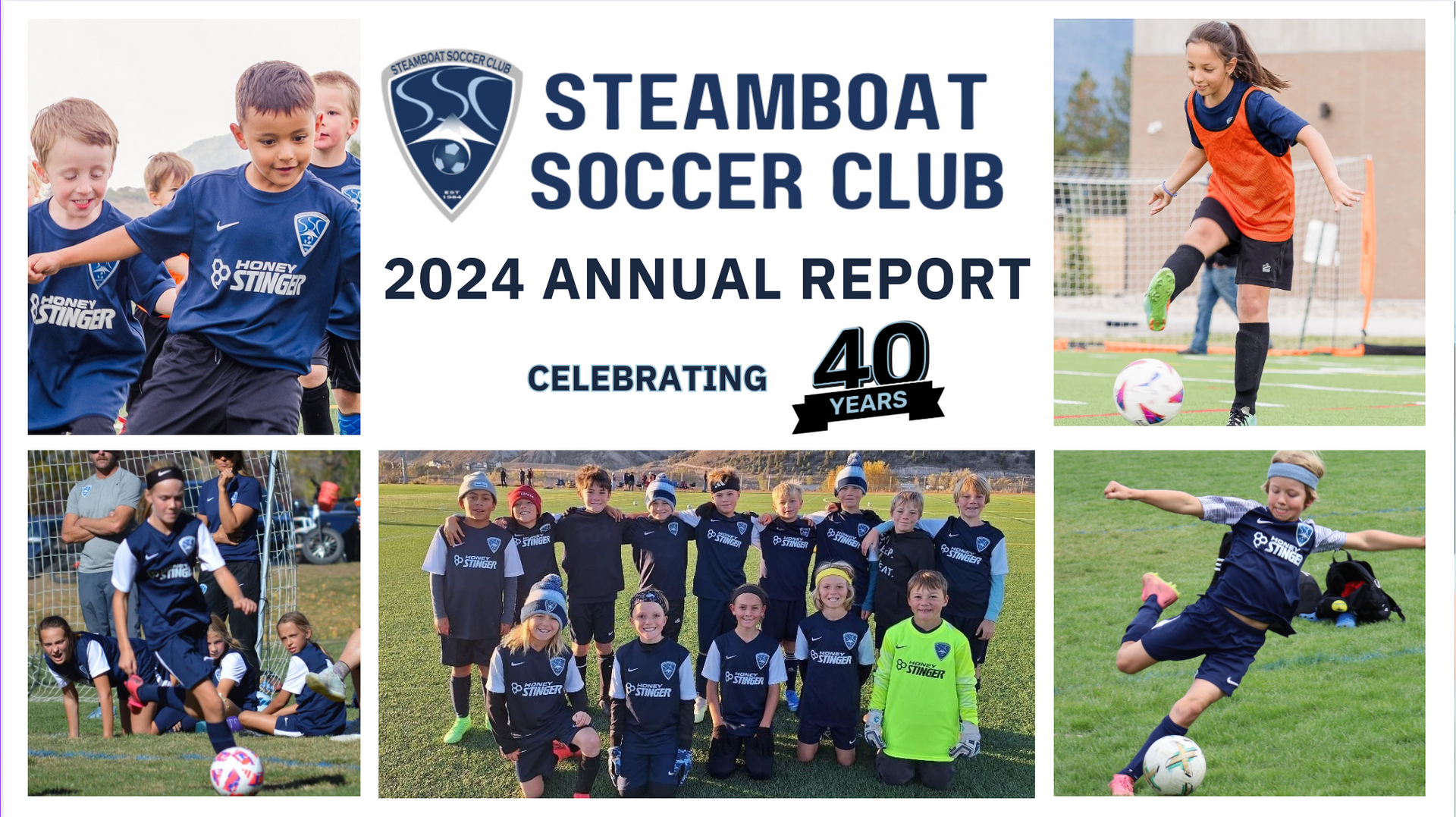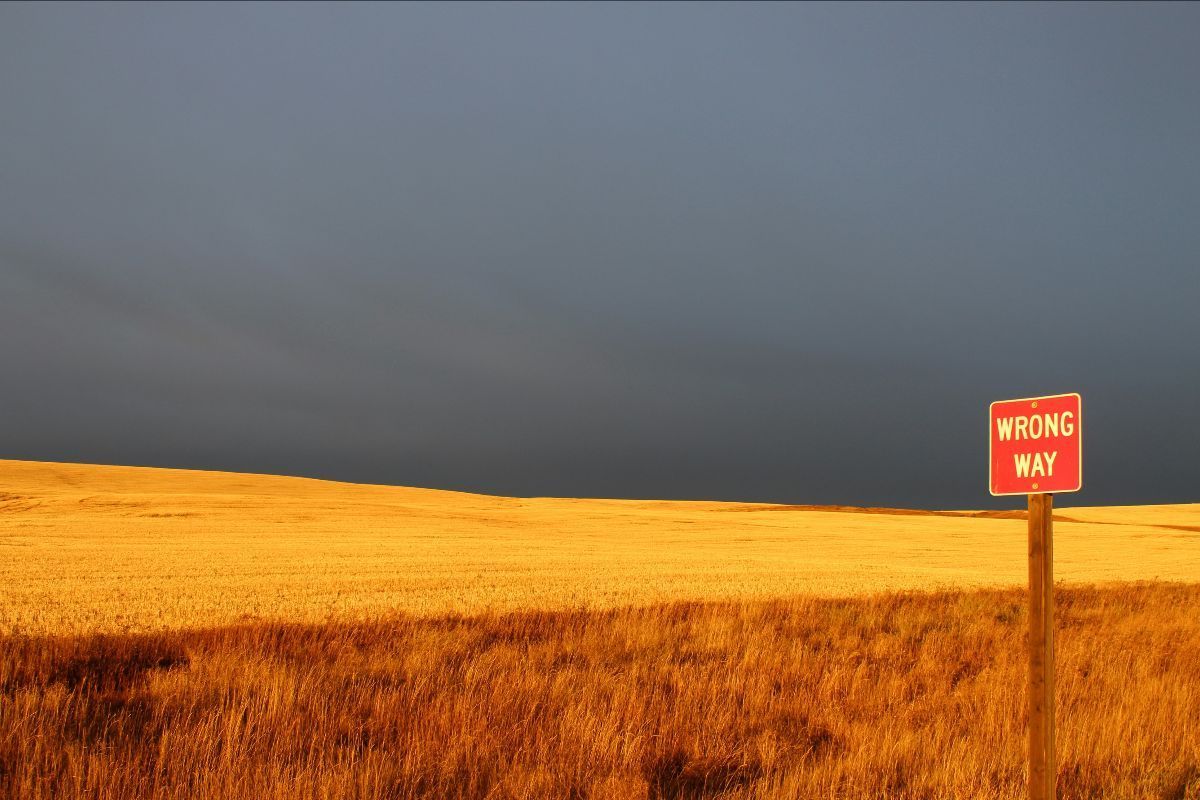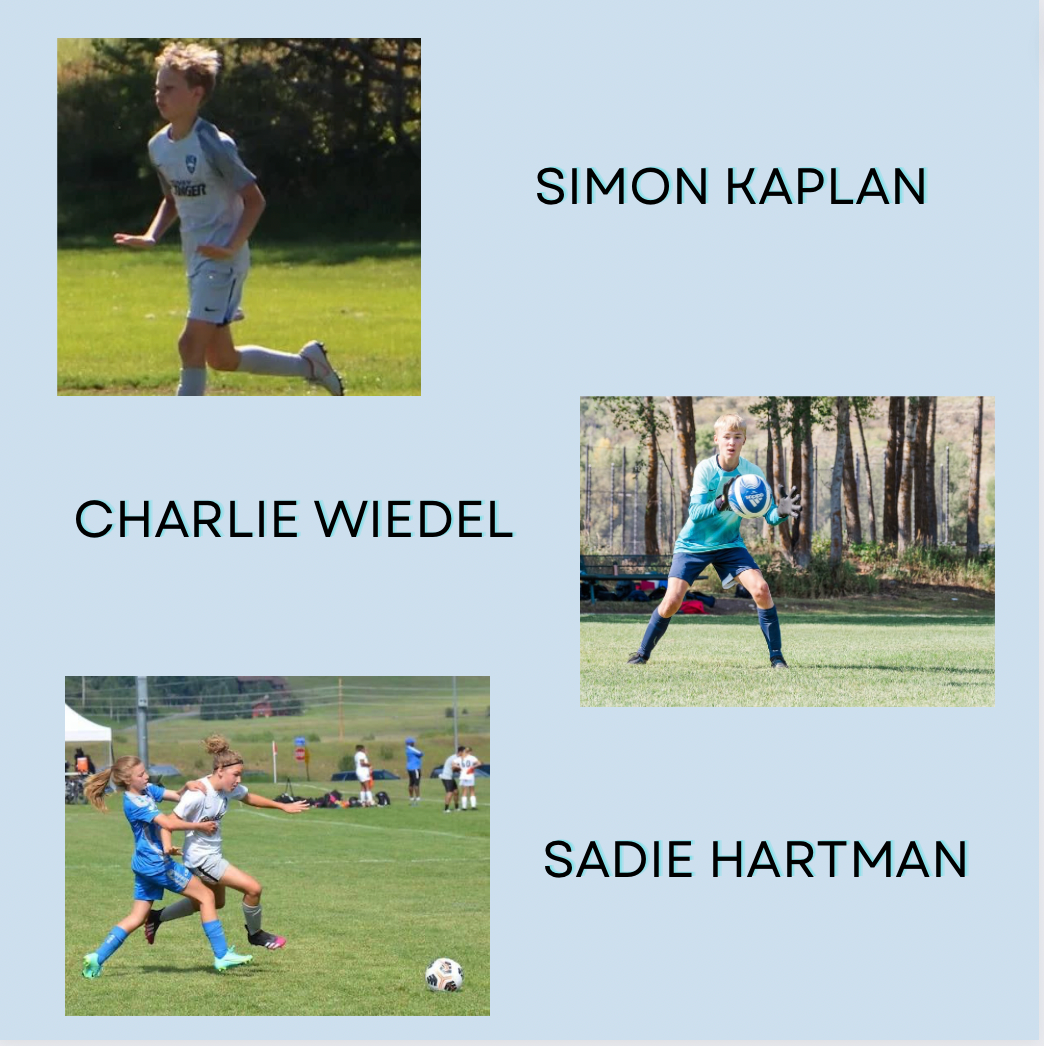Rondos are the Tip of the Iceberg
Above the surface you see a glimmering soccer drill.
Just below the surface of every activity is an assumption: an assumption that the exercise is of value.
Even deeper yet is a paradigm: a framework that supports those assumptions.
As we look out on the horizon, we see a sea of glimmering activity. For many that is enough. Brilliant cones, colorful training kits, and vociferous coaches as far as the eye can see. Icebergs galore.
“Vision is the art of seeing what is invisible to others.” – Jonathan Swift
The Surface and Below
US Soccer will see the failings of a Rondo as they want their voyage to be directional. Others will find it farcical that an exercise espoused by the best men’s national teams in the world has no place in the land of the free and the brave. Yet others will feel compelled to showcase a series of “Directional Rondos” to satiate both sides of a parting sea.
We must take note that the waves of discontent only splash upon the tip of the iceberg and our attention to the rancorous spray distracts us. What we see of an iceberg is merely a fraction of its identity. So, it is with the current debate on Rondos. We must examine below the surface to explore our assumptions. We must dive even deeper to the massive core that is the anchoring paradigm.
US Soccer Training
The anchoring paradigm for US Soccer instructors these days is that the game is directional. Thus, every glimmering drill in their portfolio they prefer to be such. This is not without logic or reason. Their anchoring paradigm is one of directional play and as a result Rondos do not serve their assumption well. Fair enough.
However, that assumption belies the reality that soccer is multi-directional . It fails to recognize that the game is populated with real-time Rondos. Of course, one who is looking for arrows to goal will not see the triangles and diamonds that the best players exploit. A paradigm can be as blinding as it is illuminating.
Traditional Training
The anchoring paradigm of traditional training from the Carolinas to California is a technical centric one.
Its focus remains on the development of players who can pass, receive, dribble and shoot a ball.
Above all else, proponents of traditional training see drills as a means to enhance skills. If they use a Rondo at all it will be to “warm-up.” And when they employ a Rondo it will be to help players learn to pass and receive. They see the Rondo merely as a technical exercise because their anchoring paradigm supports their assumptions on skill acquisition as they have come to know it. Fair enough.
However, traditional training has its well-documented and intensively researched shortcomings. The mindless drilling is curbing both our children’s enjoyment of the game and their understanding of how to play it effectively. That fact may not rest well in the predominate pockets of traditionalists but this approach has contributed to a deplorable drop out rate for young athletes. This method has contributed to our underwhelming performances nationally and internationally. The product of this paradigm is not good enough. A paradigm can be as debilitating as it is inspiring.
“I can’t understand why people are frightened of new ideas, I’m frightened of the old ones.” – John Cage
Geo-Cognitive Paradigm
What if we did not anchor our training with the philosophies above? What if football was more than the sum of its technical parts? What if football was not directional, but multi-dimensional? What if the game was a series of geometric forms navigated by good decisions and precise execution?
If our newly adopted paradigm sees the learning process as an ever-expanding journey from the self outward our trainings must be different. If we believe that the understanding of angles, distance and timing in the face of an adversary is critical to a footballer, our exercises must reflect this. If we believe that cognitive development is a process of perception, conception, decision, deception, execution and assessment in its entirety, then I must respectfully propose an alternative.
I do not need Rondo as a weapon in a divisive argument. I can respect others opinions without agreeing with them. I see clearly their assumptions as well the governing paradigm from which they surface. I do not need a Rondo as a tool of dissent.
I need a Rondo as it is one of the best ways to bring forth my players capacity to be players of great cognition, competence and character. When I place one defender in the midst of four (4v1) it is the first progression to perceiving the opponent’s position and finding a solution to outplay him. When I place two defenders in the midst of five attackers (5v2) it is a perceptual progression that tests my players’ ability to seek solutions with the confidence to know that there is one and the courage to execute it with a properly weighted pass.
When I transition that Rondo into a Position Play exercise, I am introducing the “middle of the fielder” (4v2+1) who must create mini-rondos in the context of a larger schema. And when I transition even further into a Training Game, I encourage my players to see the entirety as a collection of challenges to be solved. And when we line up on the weekend I have prepared my player to see the game as a series of Position Play exercises conducted all over the pitch. We have solved those problems so many times that the pattern recognition afforded to them by the use of Rondos enters the arena of automaticity.
I need a Rondo because it promotes cognitive development.
I need a Rondo because it promotes skill development.
I need a Rondo because it promotes character development.
I need a Rondo because it reinforces our principles of play.
I need a rondo because it reinforces our five elements of position play.
I need a Rondo because it lays the architecture for our system of play.
If our paradigm shifts so must the exercises we choose, the training s we conduct and the voice with which we speak. In fact, we must rethink and redesign talent development.
Not sure what you will do at training tonight, but I hope that you will take a moment to look below the surface. Our children beckon us to do so. And in the end, they are our greatest glimmer of hope on a turbulent sea of talent development.
The post Rondos are the Tip of the Iceberg appeared first on TOVO Institute.
